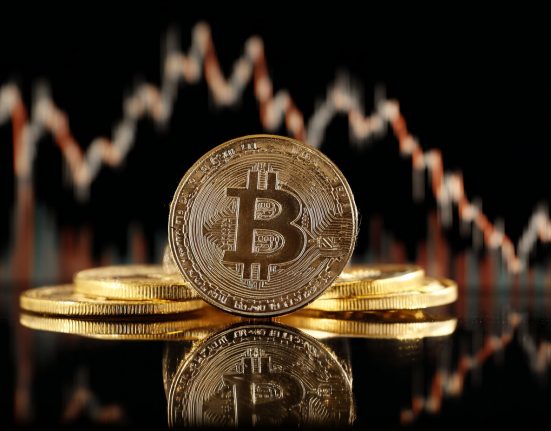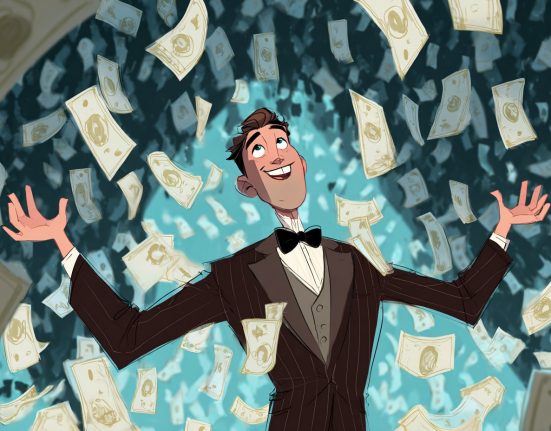Consumers who make value-buys in the general marketplace may not be able to replicate this behaviour in the financial markets due to certain reasons. Here’s why
As consumers, we are suckers for discount sales or the more popularly marketed, End-of-Season sales. We window shop and browse sites, populate wish lists, and mark dates, and when D-Day arrives, we are like little kids in a chocolate shop.
Before you get me wrong, I am not disparaging; I too do this. If anything, this is a compliment to us consumers collectively, since we display the fine virtues of planning, patience, deferred gratification, controlling impulsiveness, and more.
Value shoppers need not be savvy investors
The flip side is that the same consumers, while being gullible when faced with discounts, are also good valuers. In addition to the fine virtues I outlined earlier, we do our purchasing with a trained eye, quick to sort between the duds and the value buys.
Yes, the significantly lowered prices as well as the risk of ‘sold out’ do dilute our ‘value’ filters a bit, but even then, post a ‘binge’, one usually ends up largely with stuff one wanted at a price one would not have otherwise got. Connecting back to the title of the column, even in extreme situations, our ability to retain the distinction between price and value does not get blurred.
One would think that it is reasonable to expect our behaviour in one arena (shopping) with money to translate to similar behaviour in another arena — (investing in markets).
But as we know by now, it is not so. The same person who exhibits the ability to retain the distinction between price and value while blowing up money on a shopping spree ends up putting his or her money in a risky investment with a high potential for permanent capital loss, purely because his or her ability to distinguish between price and value has blurred.
FOMO-driven investments in equity markets
This could be because of FOMO (anecdotal evidence from friends/colleagues about making a killing while your money is sitting in lousy fixed deposits) or because of a lack of qualified advice (reasons can vary from “either I can do it myself” to “I know this fantastic finfluencer on YouTube”) or plain overconfidence leading to an inability to assess risks properly (just the way the general populace drives without helmets/seat belts, thinking they only need to be worn to avoid a fine).
In the financial markets, there definitely is a mood of FOMO, though no one knows how close to the End of Season we are. Markets being at an all-time high (ATH) is one thing, and in itself, not that bad at all. After all, over time, markets will go up, and achieving an ATH alone is not a reliable indicator of being over-priced. It is what it is accompanied by that one must watch for. Some typical indicators are:
· Small caps outdoing the large caps by a significant margin
· Increased and continuing-to-increase retail participation, not only in investing but in speculative activities such as trading and use of derivatives
· Large over-priced initial public offers (IPOs) getting hugely over-subscribed and still making listing gains
· Prices of stocks with dubious governance records, penny stocks, and even stocks of delinquent companies. shooting up and multiplying
· Investment hypotheses relying more and more on stories rather than numbers — the simplest one right now being India’s Golden Decade. Lastly, something that is a more recent ‘trend’ — coming across people who think they can leave their jobs and become ‘full-time’ traders/investors .
With markets at this juncture, two popular quotes come to mind.
“As long as the music continues to play, you’ve got to get up and dance” – Chuck Prince, the then chief executive officer (CEO) of one of the largest US banks, Citigroup, just before the great financial crisis of 2008.
“Only when the tide goes out do you learn who has been swimming naked” – Warren Buffett
Market correction cannot be wished away
Bankers in the US did not have any skin in the game, and hence, when markets collapsed in 2008, while investors got wiped out, they were rewarded with bailouts. But if you are an investor, you are investing your hard-earned money, and you have skin in the game.
The going has been good, but when markets correct, they do so fiercely and, in some pockets, may even lead to significant permanent capital losses. Hence, while there is no sign of the tide receding yet, it may be wise for you to make sure that while you are enjoying the dance, you have all your bases covered.







